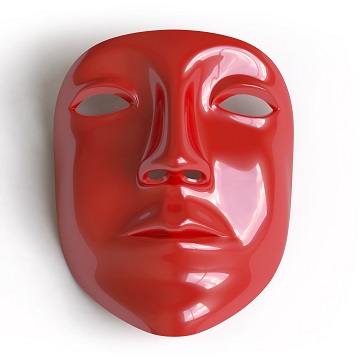The Changing Face Of Heroin Addiction
Heroin abuse, addiction, and overdoses have all been rising over the last decade. New users of heroin have risen from 90,000 to 156,000 per year. The use of other drugs in the U.S. has dropped over the same time period. In addition to the overall increase in use of heroin, demographics are also shifting. Once a drug concentrated in the inner cities, heroin has spread to the suburbs and to rural areas. Today a heroin addict could be anyone of any socioeconomic status, age or race.
Who Is Using Heroin?
There was a time when you would be shocked to learn that an upstanding citizen and contributing member of society was hooked on heroin, but today the drug has infiltrated all areas of the country and all levels of society. According to one newsworthy profile, a woman who is a teacher and a mother living in Putman County, New York is also a heroin addict with track marks running down her arms. She admittedly came to work high on heroin and even used the drug in the staff bathroom during the day.
Another story tells the tale of a retired police captain moving his family from the city to the Chicago suburbs, hoping to distance his children from harmful influences. Instead of finding a more wholesome environment, his teenaged son was introduced to drugs and eventually overdosed and died from using heroin. He was not the only one among his teenage friends to meet that fate.
In Vermont, one of the most rural and sparsely populated states in the country, heroin use has reached epidemic proportions. The situation is so dire that the governor devoted an entire State of the State address this year to the issue of heroin abuse and overdose deaths. These are just a few of the stories demonstrating how the face of heroin addiction has changed over the last decade. You can no longer assume that all heroin addicts are inner city junkies. They are all around you.
What Accounts for the Rise in Heroin Abuse?
The shift in populations that use heroin and just how epidemic the problem is seem puzzling at first glance. There is a simple reason for the changes and it can be traced back to prescription painkillers. Narcotic painkillers are similar to heroin. They are both opioids, meaning they are derived from the opium poppy. They act in similar ways in the brain, produce the same kind of high and lead to the same devastating addiction.
For years, doctors have been prescribing narcotic painkillers in large amounts because they are good at what they are supposed to do: they control pain. The downside is that these medications are highly addictive and susceptible to abuse. With more prescriptions floating around and being passed and sold from one person to the next, many people became addicted. As the problem grew, doctors prescribed fewer narcotics and tighter restrictions were placed on these drugs. Those already hooked on them struggled to get the pills they needed.
Drug dealers had the answer for these narcotic addicts desperate for the next fix: cheap and available heroin. Heroin is now cheaper and easier to find than pain pills, so addicts naturally turned to this illegal drug to feed their habits. The drug cartels have seen an opportunity and have made sure to meet the demand with supplies of cheap heroin in cities, suburbs and rural states like Vermont. The face of heroin addiction has changed and unless steps are taken to treat these people and to prevent new addictions, the problem will continue to grow.
Read More About The Chronic Use Of Heroin Being On The Rise



